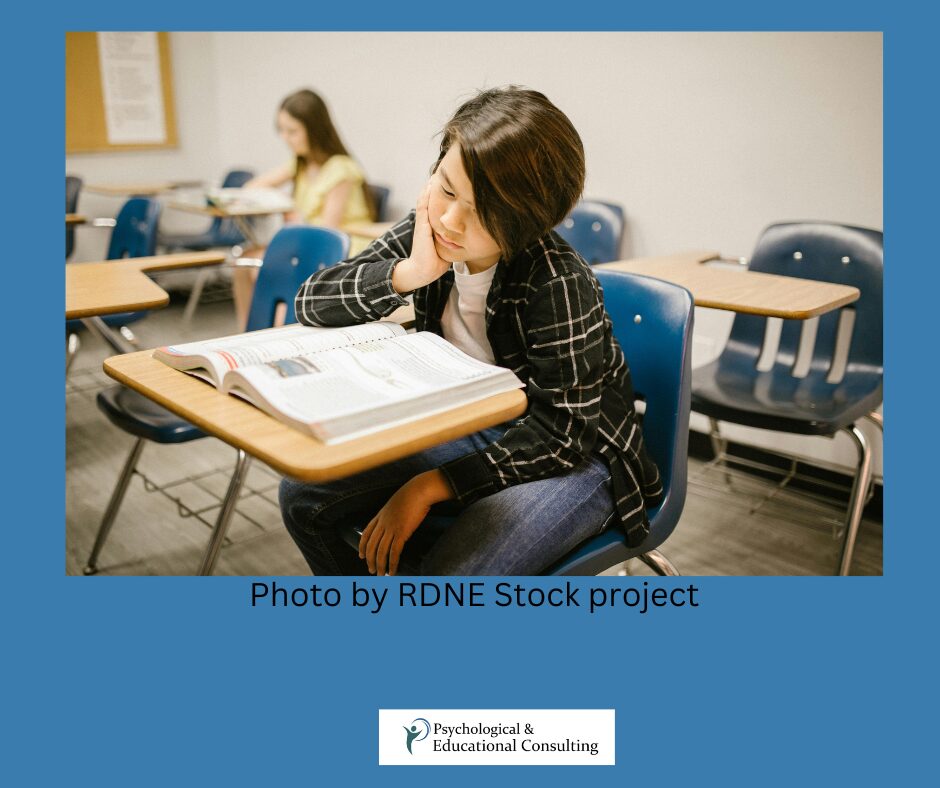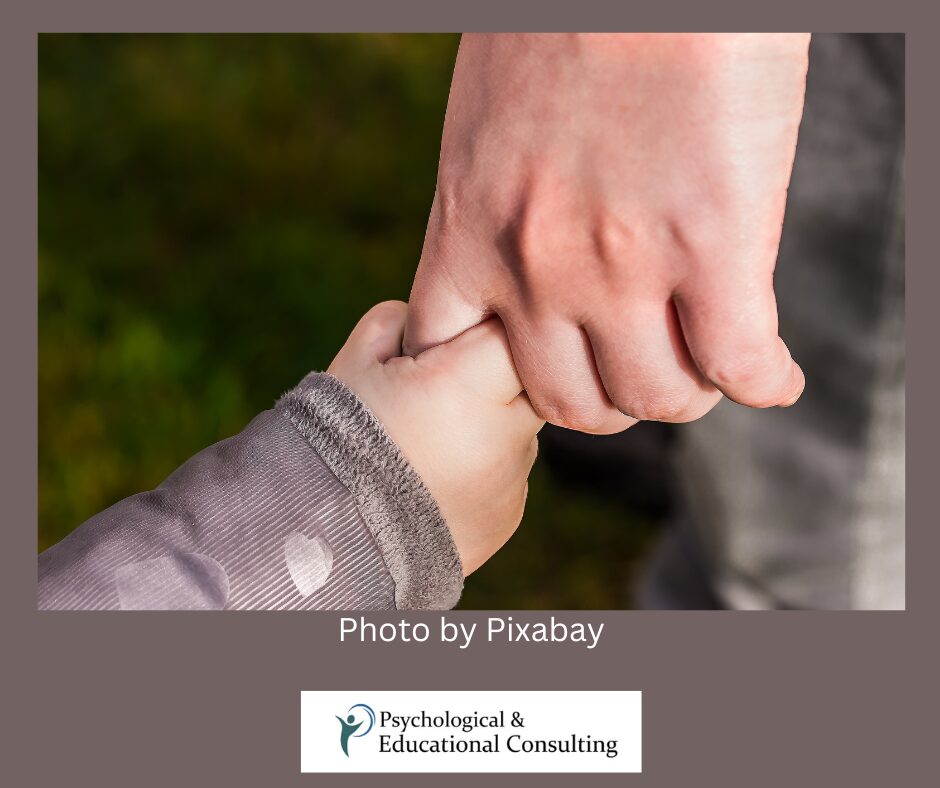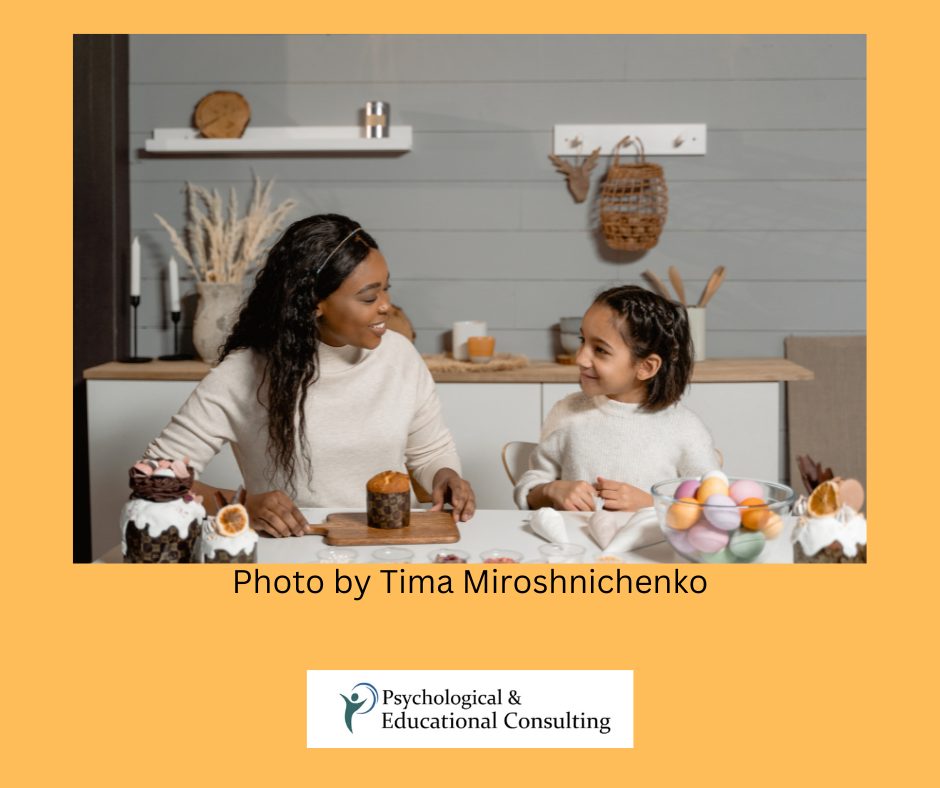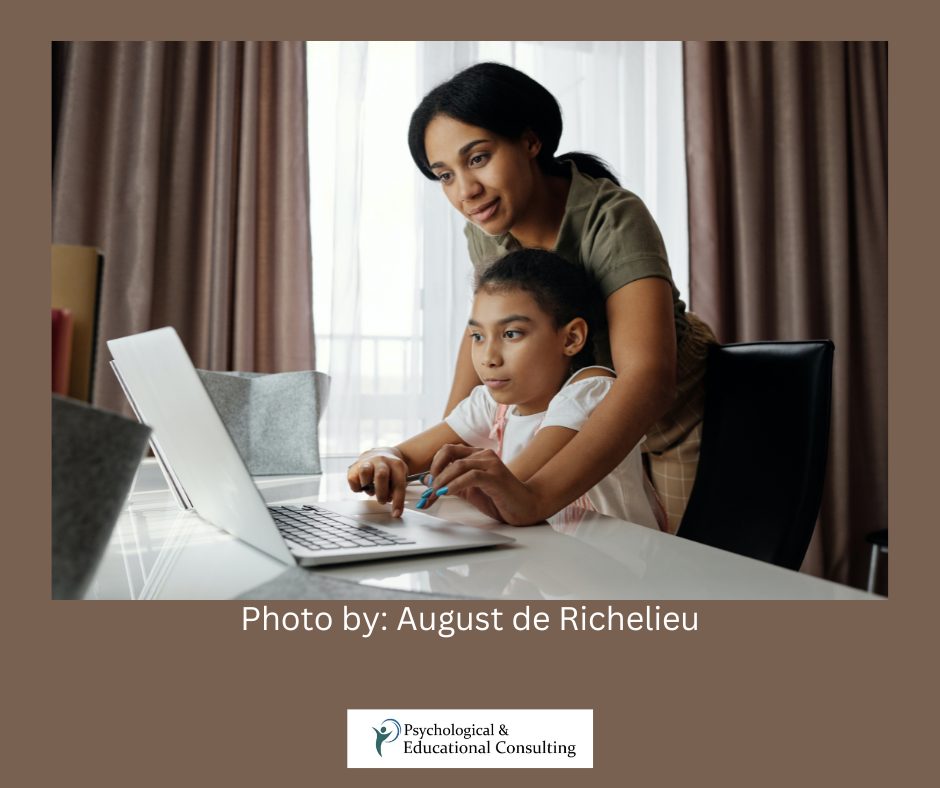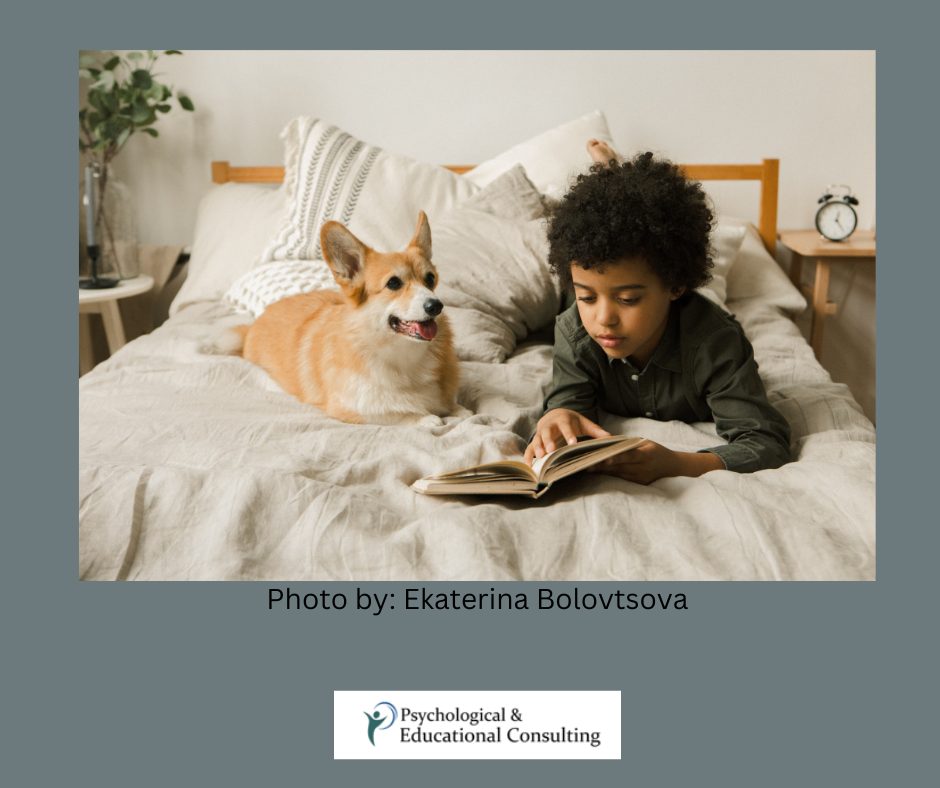Is My Child Dyslexic?
written by Dr. Liz Nissim-Matheis, posted on Psychology Today
It’s March, and you’ve noticed a few things about your child’s reading and writing skills. At your last parent-teacher conference, your child’s teacher recognizes that your child is struggling with reading and writing. What can be further confusing is that your child may have made progress but is still not reading or writing at grade level. Slowly, over the school year, you’ve noticed that your child avoids reading or huffs and puffs when it’s time to sit down and write a response, a short answer, or an essay.
So now what?
We can’t ignore the elephant in the room. The COVID-19 pandemic created a gap in instruction for 1.5 years. Our children did not receive the face-to-face instruction that they needed. Many of the academic struggles that our children were experiencing went unnoticed because how can a teacher recognize reading and writing struggles when assignments are being handed in electronically. There isn’t an observation of the entire child who may have been melting down behind the screen. A great deal of teacher observations and academic instruction were lost during that time.
As our children progressed to the next grade and then the next, parents and teachers began to notice skills that were not at grade level in reading or writing. Our children began to show more behavioral signs, and the natural explanation was that our child was “behavioral” without truly understanding or investigating the underlying roots of those behaviors.

